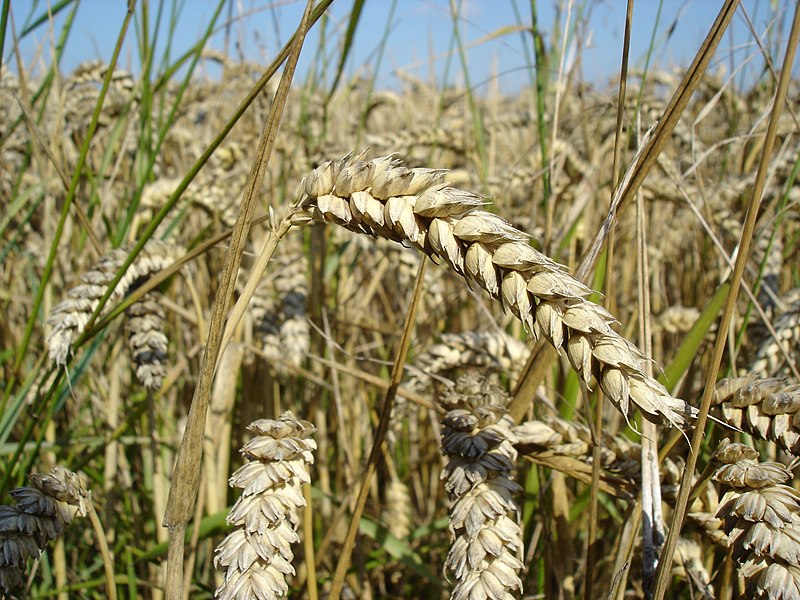CorporateNature No 137
There are two types of jobs: selfless and self-serving. They have a lot in common with wheat and water in the metaphorical realm.
1. SELFLESS JOBS RESEMBLE SEEDS THAT SCATTER
Professions such as teaching and nursing benefit society: these vocations exist for the greater good of all people. People working in these positions spend their time and energy selflessly, often driven by the conviction that their noble efforts must help those around them. In financial slang, these people "leave money on the table" (for others to pick up), i.e. they create value that is not appropriated by themselves.
Such occupations resemble a wheat stalk that shatters and sheds its seeds on the ground. While this is not beneficial for the farmer who planted the wheat, it helps propagate future generations.
2. SELF-SERVING JOBS ARE SEEDS THAT DO NOT SHATTER
Bankers work hard, just like nurses and teachers. However, they appropriate most of the results of their efforts for their own benefit. Ironically, they are people who work with money, yet they "don't leave money on the table" as they are better at extracting value for themselves.
This profession resembles cereal plants that do not shatter and whose grains stay on the stalk after ripening. Although this is good for the farmer who planted the cereals as it allows harvesting the grain, the natural process of propagating the seeds is put in jeopardy.
3. SELFLESS JOBS RESEMBLE RIVERS THAT DON'T REACH THE SEA
Another example from nature can illustrate this parallel: most rivers reach the sea and deliver their water to the ocean, give or take some evaporation and human consumption. Such rivers are like the “bankers” who keep resources to themselves.
On the other hand, a handful of rivers never reach the ocean, e.g. the Okavango in southern Africa. The Okavango irrigates a vast inland delta and subsumes itself into it. The Okavango disperses all its water into a vast and fertile wetland that creates habitats for myriads of animals and plants, just like teachers and the nurses give themselves away for the benefit of humankind.
Wheat stalk (image source: Wikipedia)

